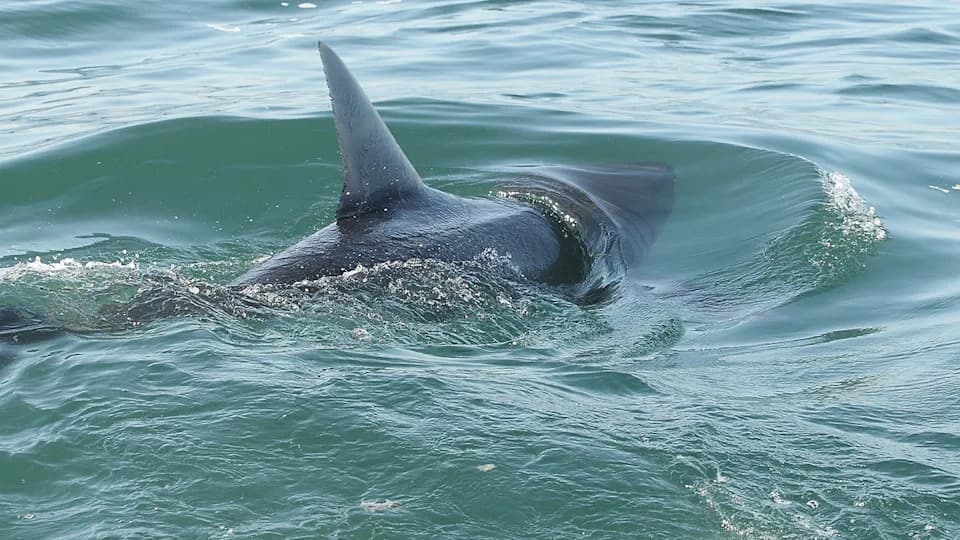Video captured in 2020 shows orcas in the Gulf of California flipping great white sharks to immobilize them and then eating their nutrient-rich livers. Researchers published the findings this month in Frontiers in Marine Science, noting orcas are the only confirmed natural predators of great white sharks. The behavior underscores orcas' intelligence and culturally transmitted hunting techniques within pods.
Orcas Flip Great White Sharks and Eat Their Livers — Dramatic 2020 Video Spurs New Study

Orcas filmed flipping great whites to access nutrient-rich livers
(NewsNation) — New footage captured in 2020 in the Gulf of California shows orcas (killer whales) using a striking and deliberate hunting technique against great white sharks: flipping the shark onto its back to immobilize it, then removing and consuming the shark's liver, a highly nutrient-dense organ.
Researchers recorded the encounters in 2020 and released their findings this month in the journal Frontiers in Marine Science. The study reinforces previous observations that orcas are the only confirmed natural predators of adult great white sharks and highlights a specialized tactic that appears to be taught and shared within orca social groups.
"This behavior reflects orcas' advanced intelligence, strategy and social learning, because the hunting technique is taught across generations within pods," said marine biologist Erick Higuera Rivas, lead author of the paper.
How the tactic works: Observers say the orca body-slams or otherwise flips the great white, which temporarily paralyzes the shark (a phenomenon sometimes called tonic immobility). With the shark incapacitated, the orca can access the liver — an organ rich in fat and calories — which it then removes and eats.
Why this matters: The behavior demonstrates not only physical strength but also cultural transmission of hunting knowledge among orcas. Such targeted predation can have ecological implications for shark populations and local marine food webs.
What researchers note: The paper documents the recorded encounters and interprets them in the context of orca intelligence and learned hunting strategies. While the footage offers compelling evidence of the tactic in the Gulf of California, scientists continue to study how widespread the behavior is among different orca populations.
Study published in Frontiers in Marine Science. Footage recorded in 2020; findings released in the month of publication.
Help us improve.



























